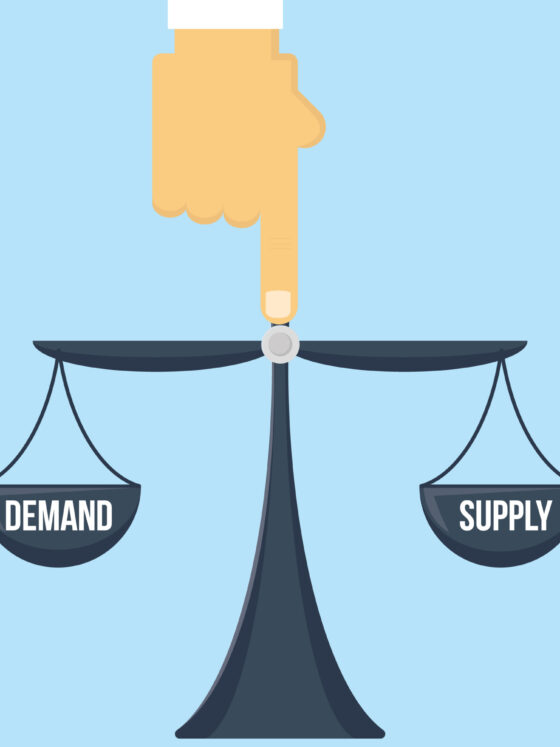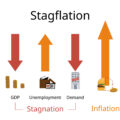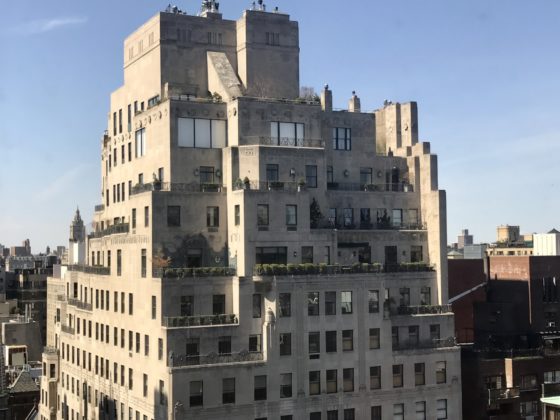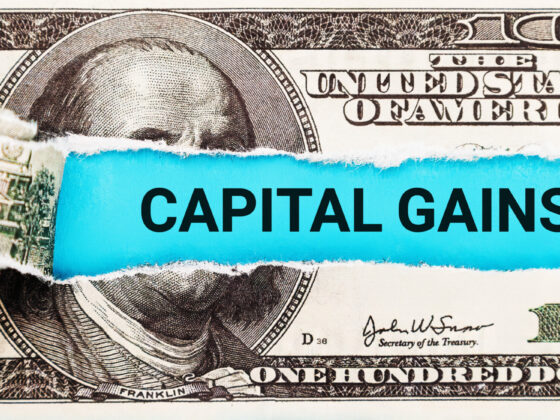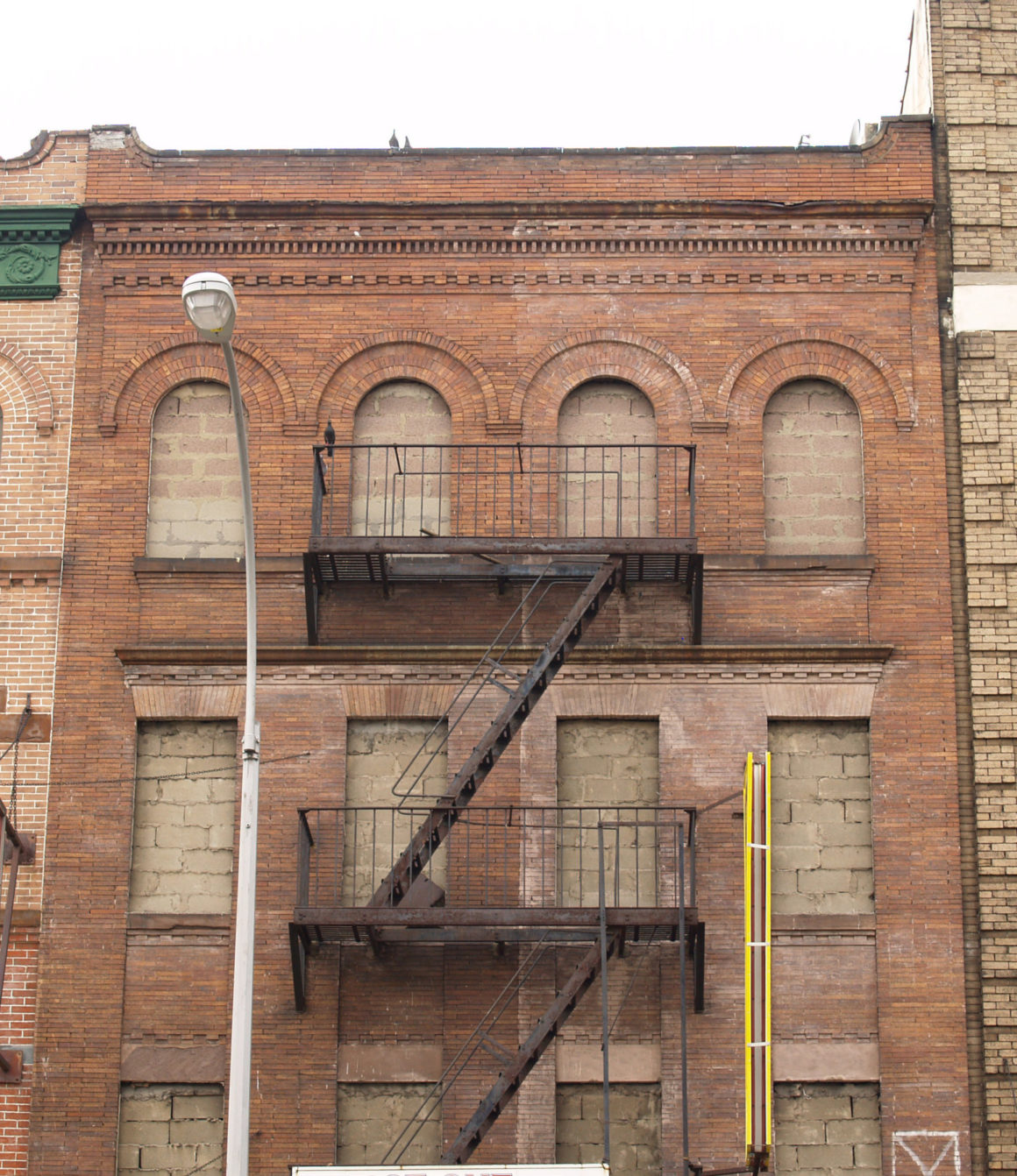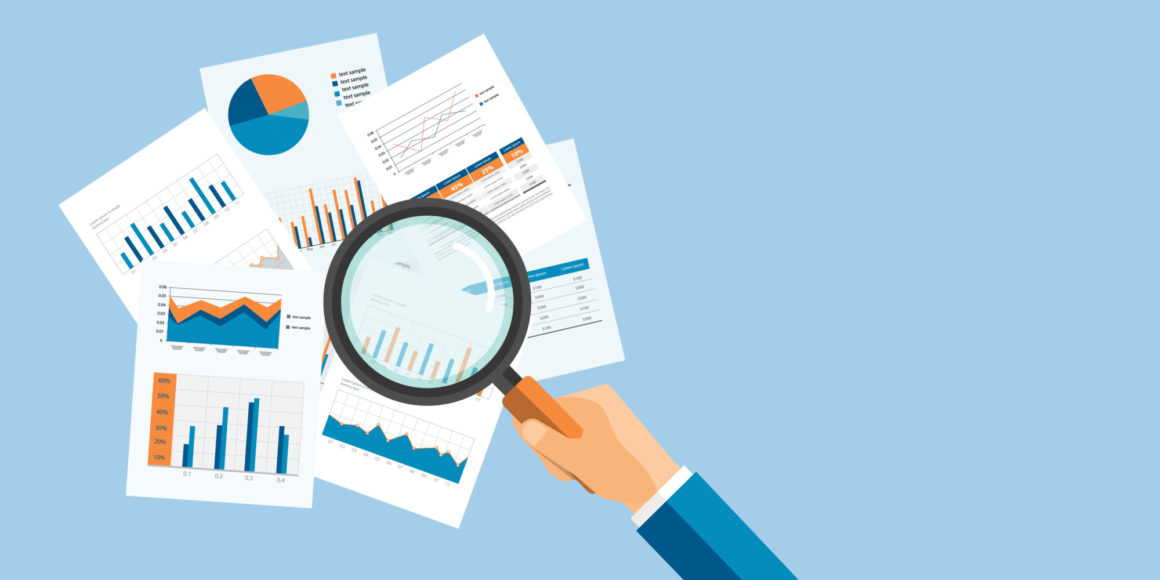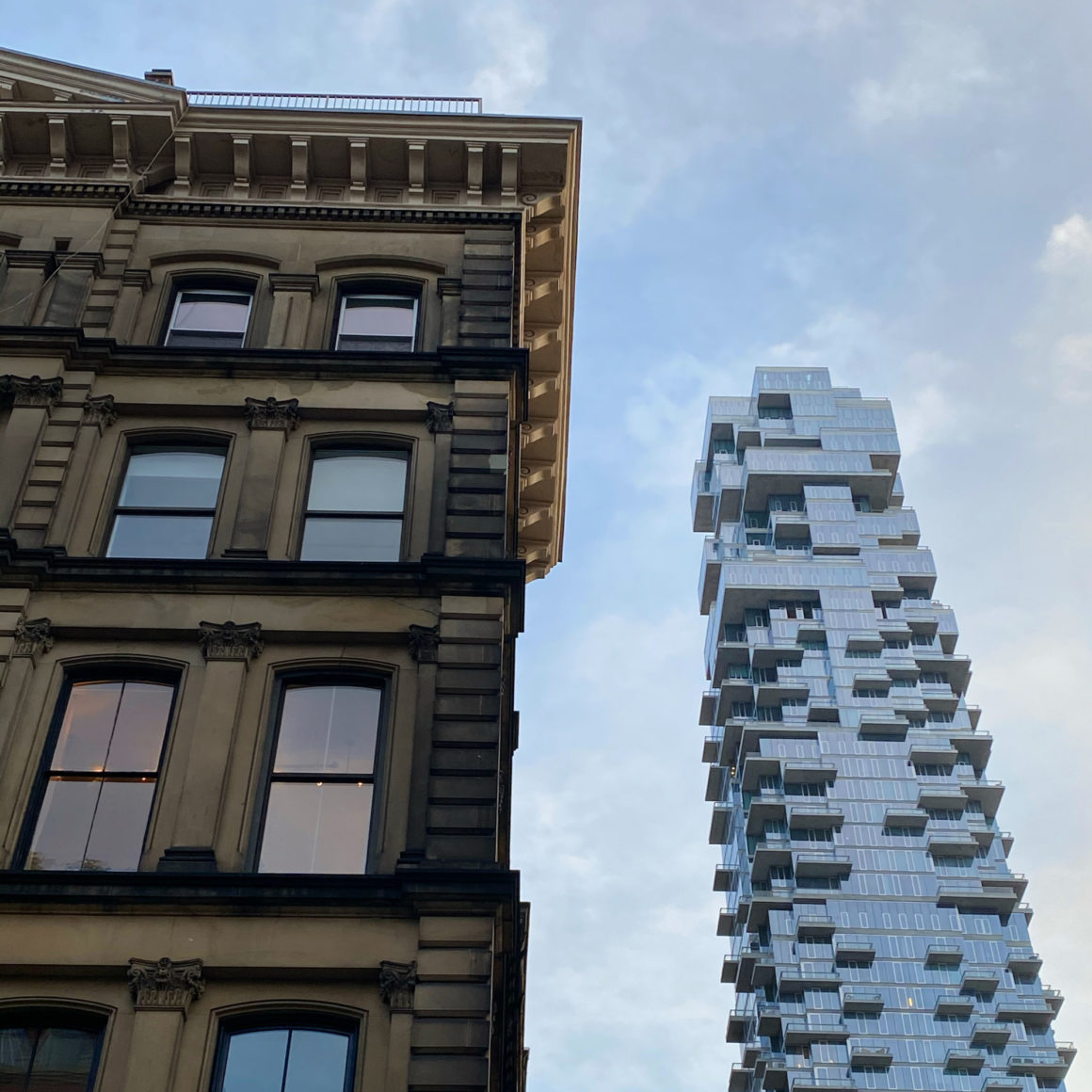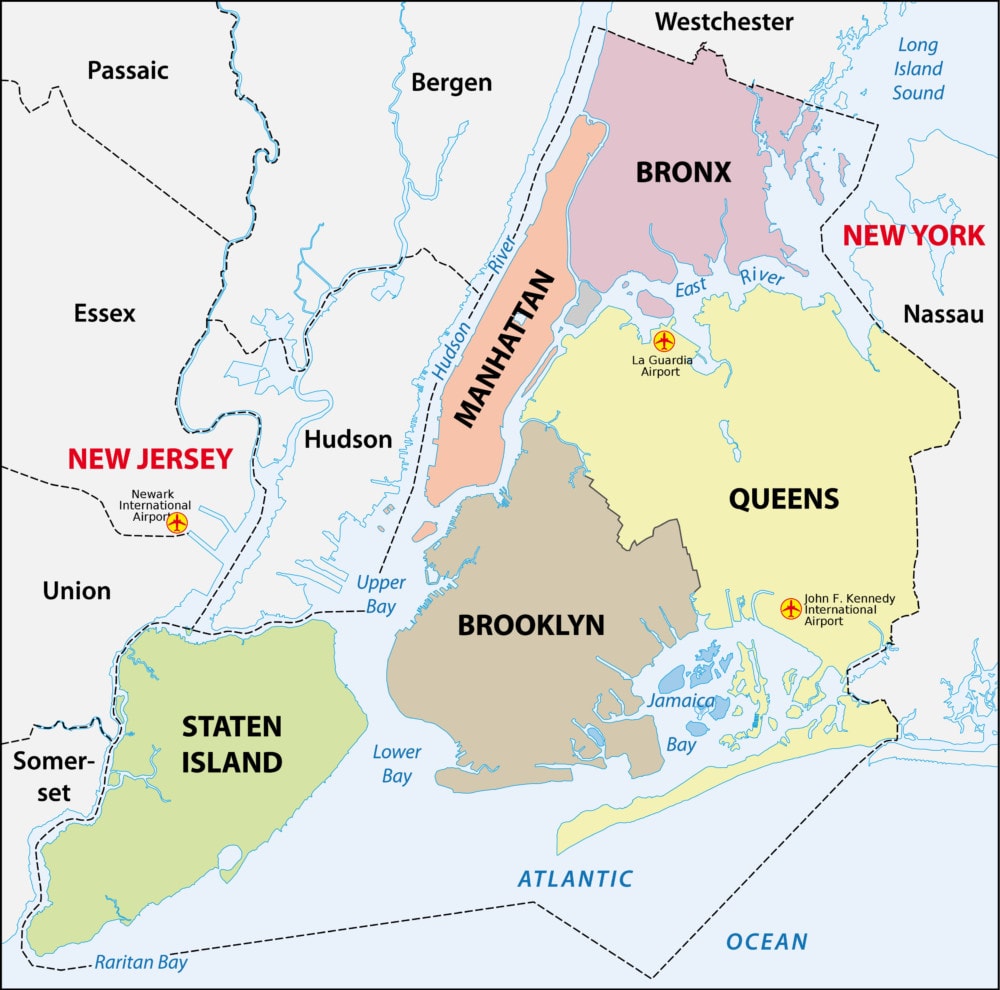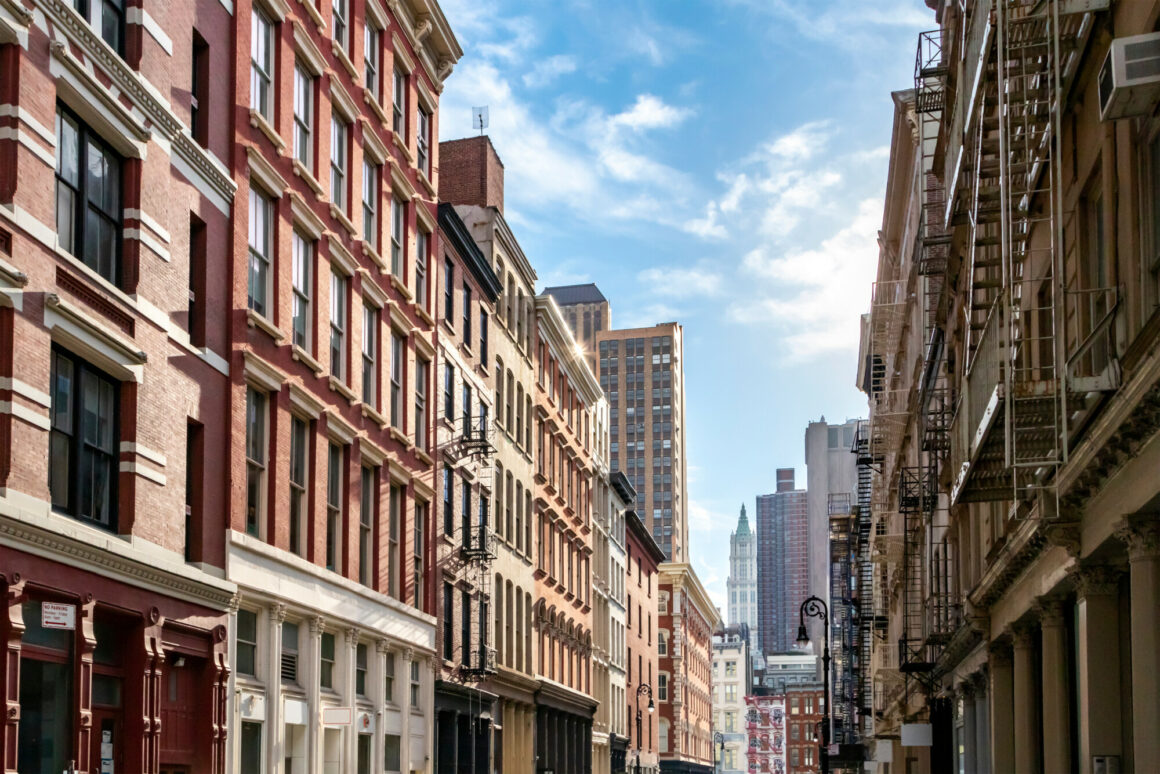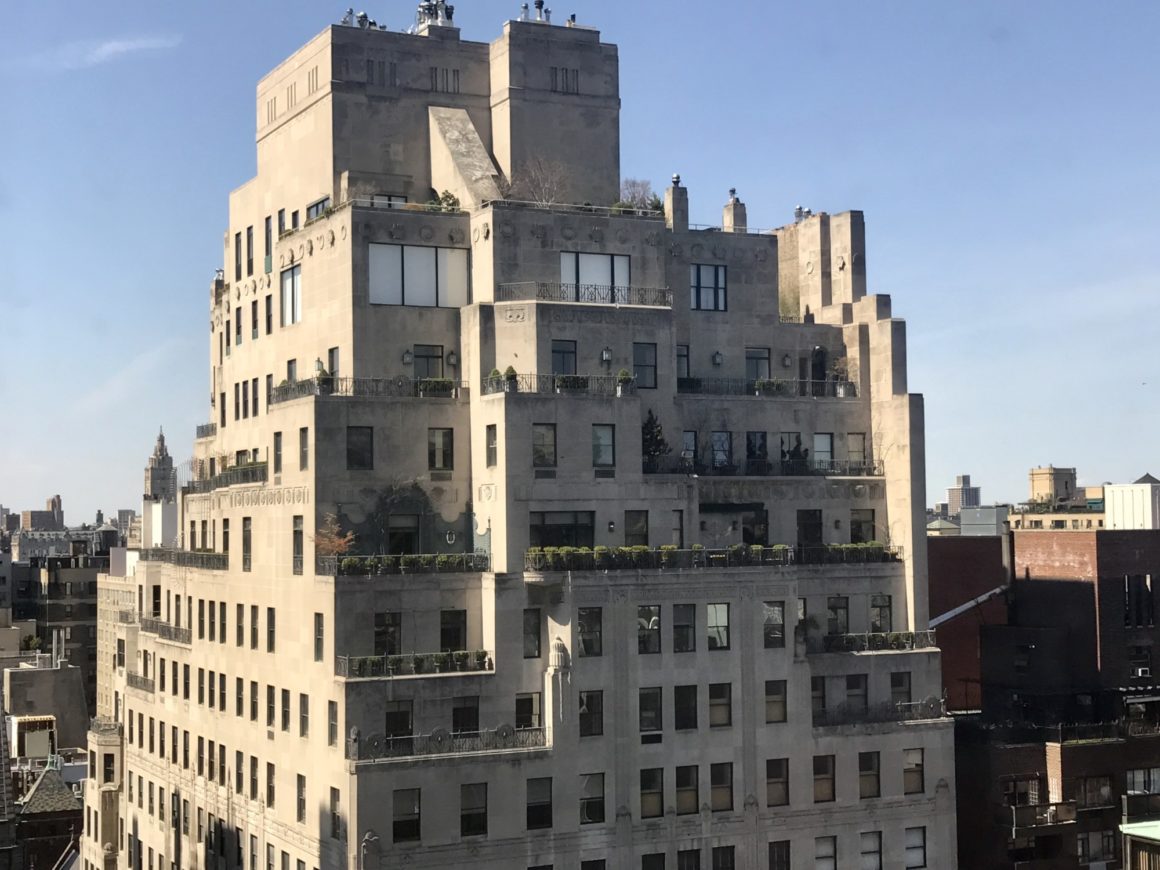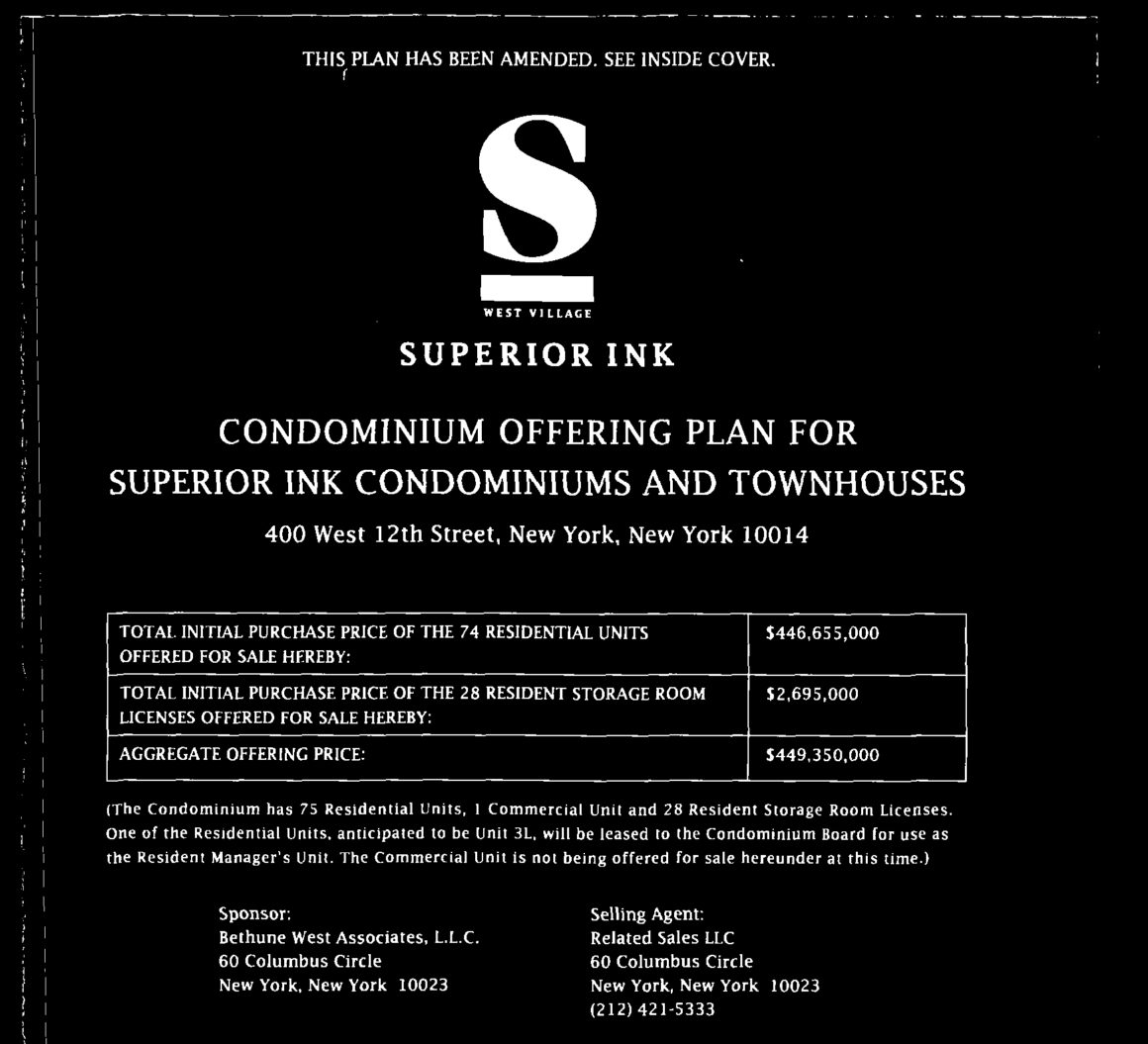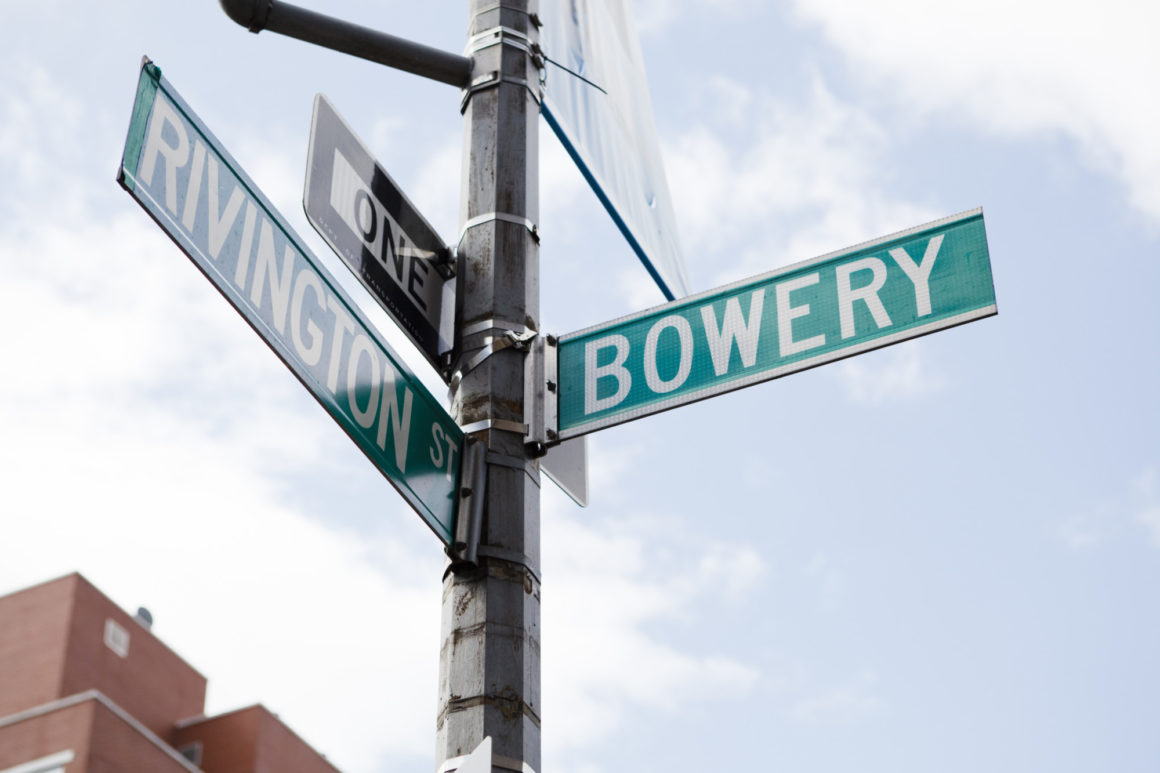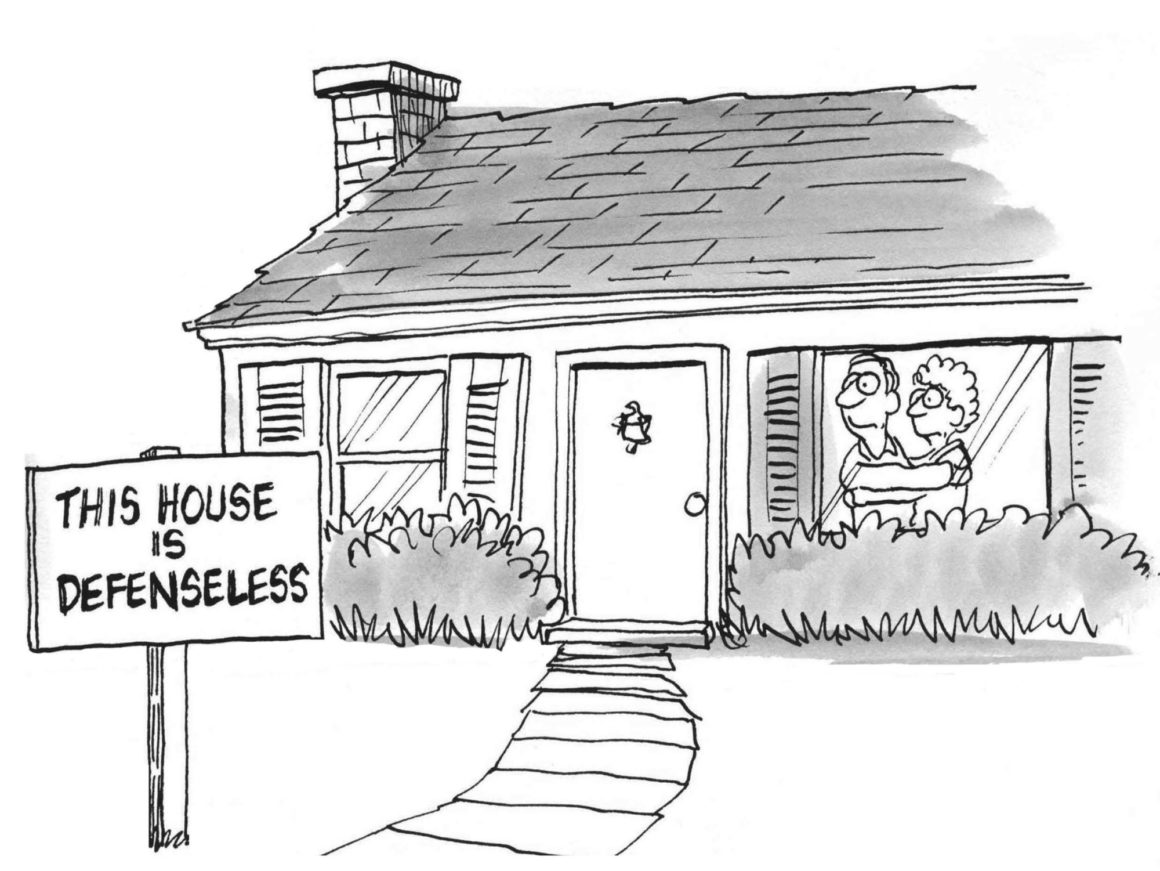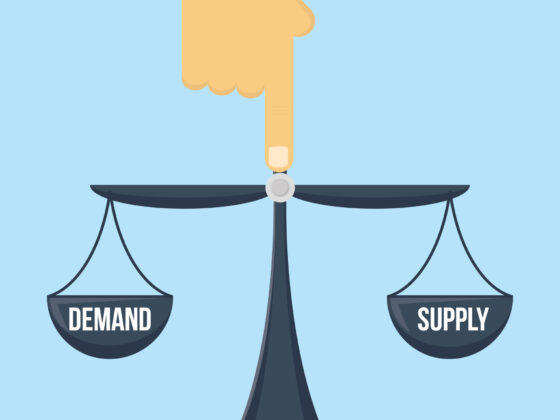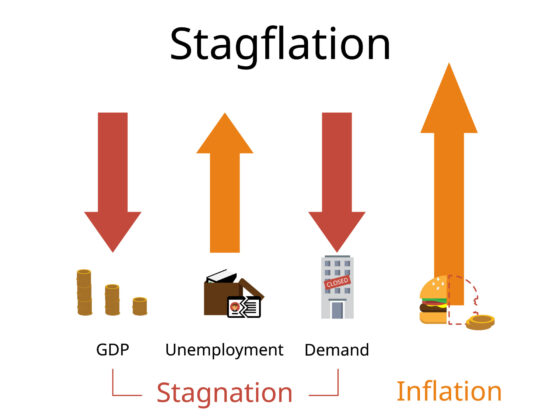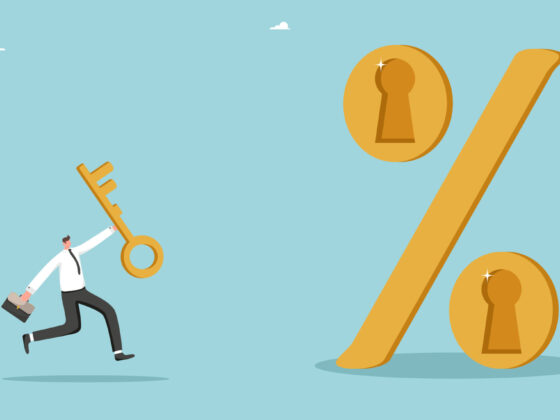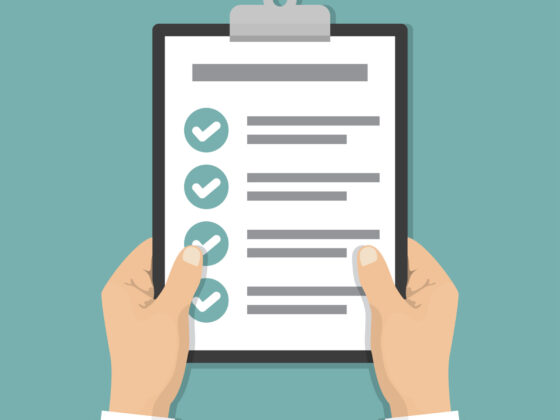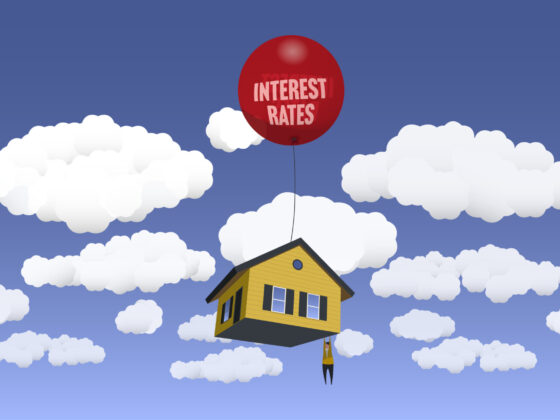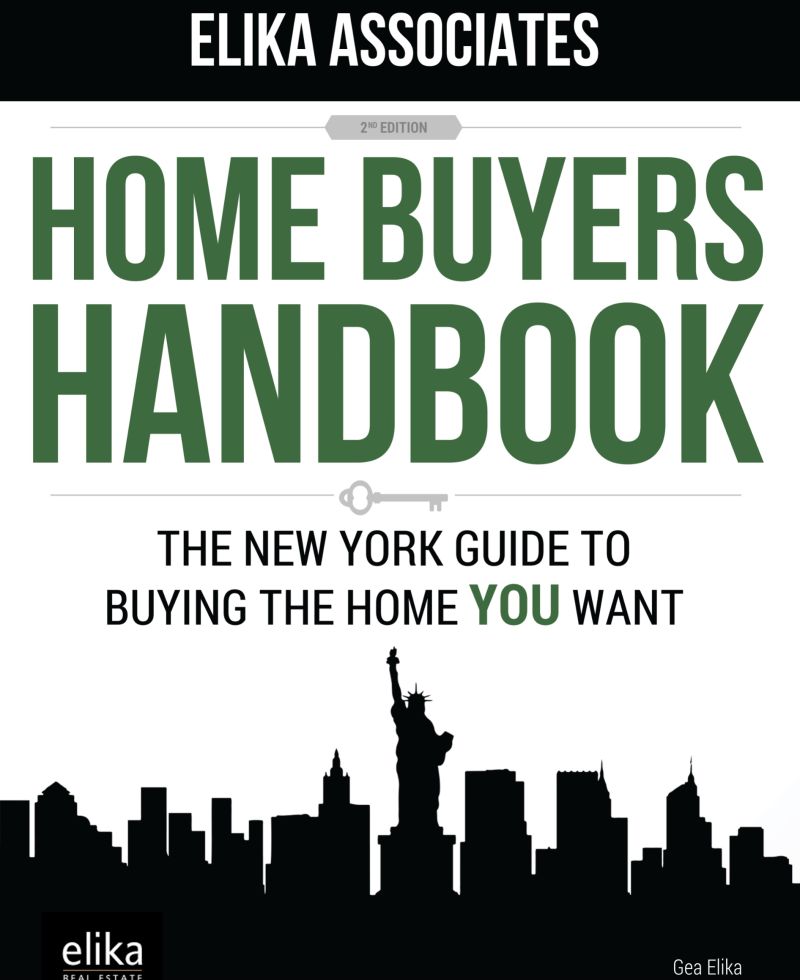NYC REAL ESTATE BLOG NYC REAL ESTATE BLOG
Real Estate Calculators by ELIKA New York
ARCHIVESARCHIVES
Understanding Buyer’s Vs. Seller’s Markets in Real EstateUnderstanding Buyer’s Vs. Seller’s Markets in Real Estate
Imagine you’re about to buy your dream home. Will you face bidding wars and fierce competition, or will you have a more comprehensive selection and room for negotiation? The answer…
Share
How Long Does a Mortgage Pre-Approval LastHow Long Does a Mortgage Pre-Approval Last
The journey from dreaming of a new home to unlocking its doors involves a pivotal step: mortgage pre-approval. Amidst the excitement of envisioning a future abode, prospective buyers often…
Share
Stagflation Looms: A Perfect Storm Brewing in the Housing Market?Stagflation Looms: A Perfect Storm Brewing in the Housing Market?
The recent economic data release sent shockwaves through financial markets, igniting concerns of a dreaded economic phenomenon: stagflation. Gross Domestic Product (GDP) growth for the first…
Share
Claire AI vs. Conventional Human Agents: Buying in the Age of AIClaire AI vs. Conventional Human Agents: Buying in the Age of AI
Innovation is the game’s name in the fast-paced world of real estate. With the introduction of Claire by reAlpha Tech Corp., the real estate industry is witnessing a groundbreaking shift…
Share
JUST IN: President Biden Proposes Changes to Capital Gains TaxJUST IN: President Biden Proposes Changes to Capital Gains Tax
President Biden has unveiled a proposal to significantly increase capital gains tax rates, potentially reshaping the landscape of investment and real estate markets. If approved, the plan…
Share
Mortgage Rate Locks: Anchoring Your DreamsMortgage Rate Locks: Anchoring Your Dreams
Vying for a home loan in today’s market can feel overwhelming. Interest rates fluctuate constantly, impacting your monthly payment. A mortgage rate lock can be your anchor in this sea of…
Share
DIY Approach: Why Real Estate Agents Remain EssentialDIY Approach: Why Real Estate Agents Remain Essential
The siren song of the self-made life extends far beyond artisanal sourdough. In the age of online marketplaces and readily available information, the real estate industry has witnessed a rise…
Share
Home Hunting Must-Haves Checklist in NYCHome Hunting Must-Haves Checklist in NYC
New York City is a vibrant tapestry of cultures, iconic landmarks, and an ever-evolving landscape. Yet, for many, the dream of calling this metropolis home can quickly morph into a daunting…
Share
Rising Tides: NYC’s Measures to Protect Waterfront CommunitiesRising Tides: NYC’s Measures to Protect Waterfront Communities
Living by the water in New York City offers a unique charm. The salty breeze, the sparkling harbor views, and the constant hum of serene activity create a coveted lifestyle. But for many New…
Share
The Redefined Landscape: Real Estate Predictions for 2024-2028The Redefined Landscape: Real Estate Predictions for 2024-2028
The real estate market, long characterized as a perpetual engine of change, has undergone profound transformations catalyzed by the seismic events of the COVID-19 pandemic. While the echoes of…
Share
Locked In: Low Rates Discourage Homeowners From SellingLocked In: Low Rates Discourage Homeowners From Selling
The housing market, a once-frenzied engine of economic activity, has entered a peculiar phase. Homeowners, facing a stark contrast between their current ultra-low mortgage rates and the…
Share
Is the Housing Market About to Cool or Crash?Is the Housing Market About to Cool or Crash?
The Federal Reserve has set its sights on taming inflation, with the 30-year mortgage rate currently hovering around a hefty 7%. Their weapon of choice? Raising interest rates. This has sent…
Share
